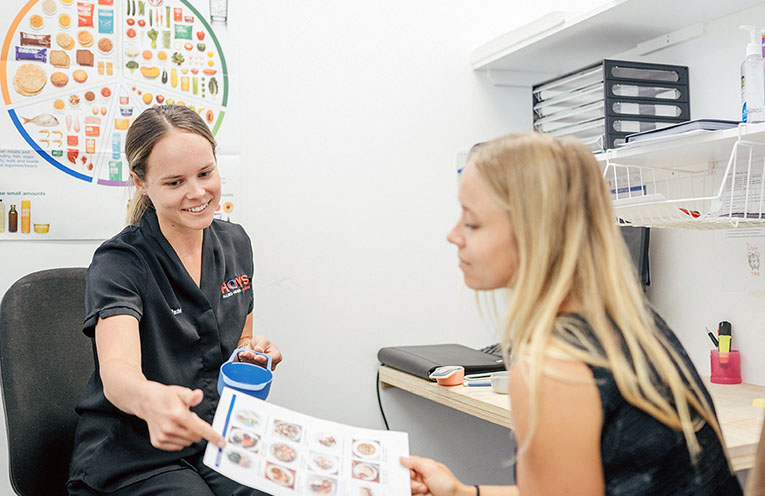
THE role of nutrition in adolescents and the effects of food choices they make are the subjects of new research written up in three papers launched by The Lancet medical journal.
Adolescence brings phenomenal growth, transforming every physiological system from the reproductive to the brain.
 Advertise with News of The Area today.
Advertise with News of The Area today.It’s worth it for your business.
Message us.
Phone us – (02) 4981 8882.
Email us – media@newsofthearea.com.au
Adolescent growth carries implications for health through the course of life into the next generation.
Yet adolescent nutrition has remained invisible in government policies and actions, despite persisting problems related to adolescent nutrition, writes The Lancet.
Edward Frongillo, University of South Carolina’s Director Global Health Initiatives, said, “The choices that adolescents and young adults make, or are forced to make, about their diets and nutrition will have ramifications for their lives and for that of the planet.”
Director of Knowledge Leadership at the Global Alliance for Improved Nutrition, Lynnette M. Neufeld Evidence said, “This series unequivocally shows the danger of inaction but also that adolescents have a lot to say about why they eat what they eat, and the factors that might motivate them to change.
“We must include them as active partners in shaping local and global actions that support healthy eating.”
HOYS Allied Health & Wellness in Coffs Harbour’s Accredited Practicing Dietitian, Melinda Olliver, told News Of The Area, “It’s great to see the Lancet highlighting the importance of nutrition during adolescence.
“This is a stage of tremendous growth and development, and good nutrition is truly critical.
“Even more importantly, teens who have a diet rich in wholefoods tend to carry on this eating behaviour into adulthood, reducing chronic disease risk later in life.
“So, it really sets them up for life.
“Teens have increased nutritional requirements.
“However, according to AIHW in 2017-2018, only around 50% of teens aged 15-24 years were meeting their daily fruit requirements and only 2-3% were meeting their vegetable requirements.
“Almost half (40%) of girls aged 14–18 had inadequate iron, and 90% were not meeting their calcium requirements.
“So, what can we do?
“Evidence is showing us a family approach to mealtimes is really important.
“Teenagers who eat with other family members tend to have a healthier diet, and reduced risk of obesity.
“Structured mealtimes, making meals together and having a positive mealtime environment are all linked with lower rates of disordered eating in adolescents, and increased diversity.
“I find a focus on benefits teens will see now, is also important.
“Rather than discussing that a diet rich in wholefoods can reduce chronic disease risk, focusing on the benefits it will have on their skin, their energy levels, their sports performance and their mental health, can be more of a motivator for teens.
“Choosing and enjoying a diet that includes a variety of foods from each food group, and including more wholefoods and diversity into their diet, as opposed to restriction, which is often seen in teens, will help teenagers to grow, develop and live a healthy life,” said Melinda.
By Andrea FERRARI